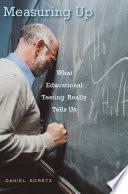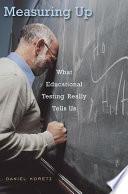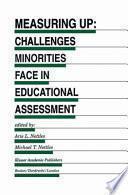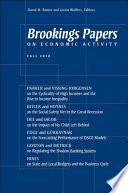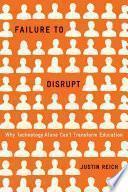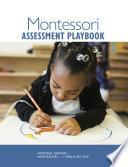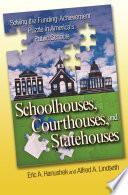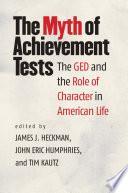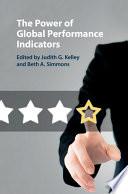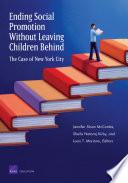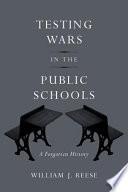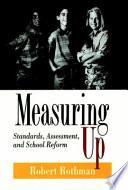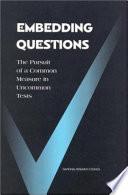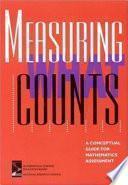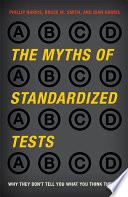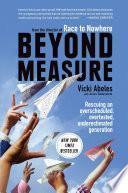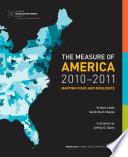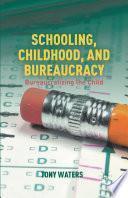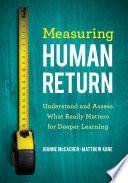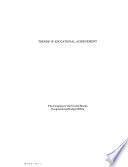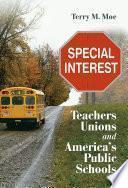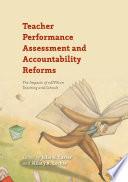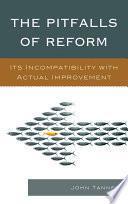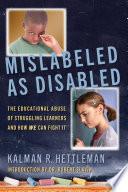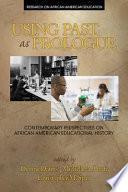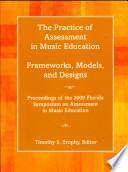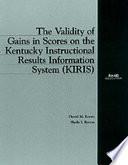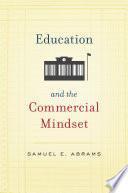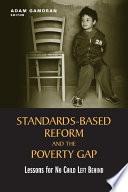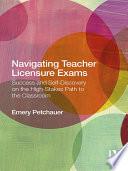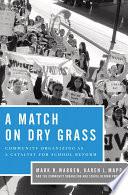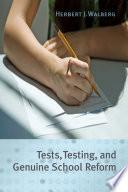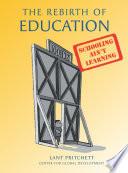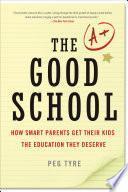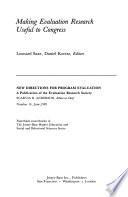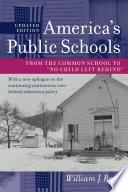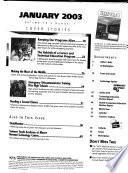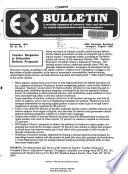Standards-Based Reform and the Poverty Gap
Author: Adam Gamoran
Number of pages: 340
The No Child Left Behind Act (NCLB) is the latest in more than two decades of federal efforts to raise educational standards and an even longer stream of initiatives to improve education for poor children. What lessons can we draw from these earlier efforts to help NCLB achieve its goals? In Standards-Based Reform and the Poverty Gap, leading scholars in sociology, economics, psychology, and education policy take on this critical question. Armed with the latest data and up-to-date research syntheses, the authors show that standards-based reform has had some positive effects, particularly in the area of teacher quality. Moreover, some of the critics' greatest fears have not been realized: for example, retention rates have not shot upward. Yet the overall pace of improvement has been slow, owing in part to poor implementation. Based on these findings, the contributors offer recommendations for the implementation and impending reauthorization of NCLB. These proposals, such as national testing and a rethinking of achievement targets, are sure to be at the center of the upcoming debate. Contributors include Thomas Dee, Laura Desimone, George Farkas, Barbara Foorman, Brian Jacob, Robert ...
